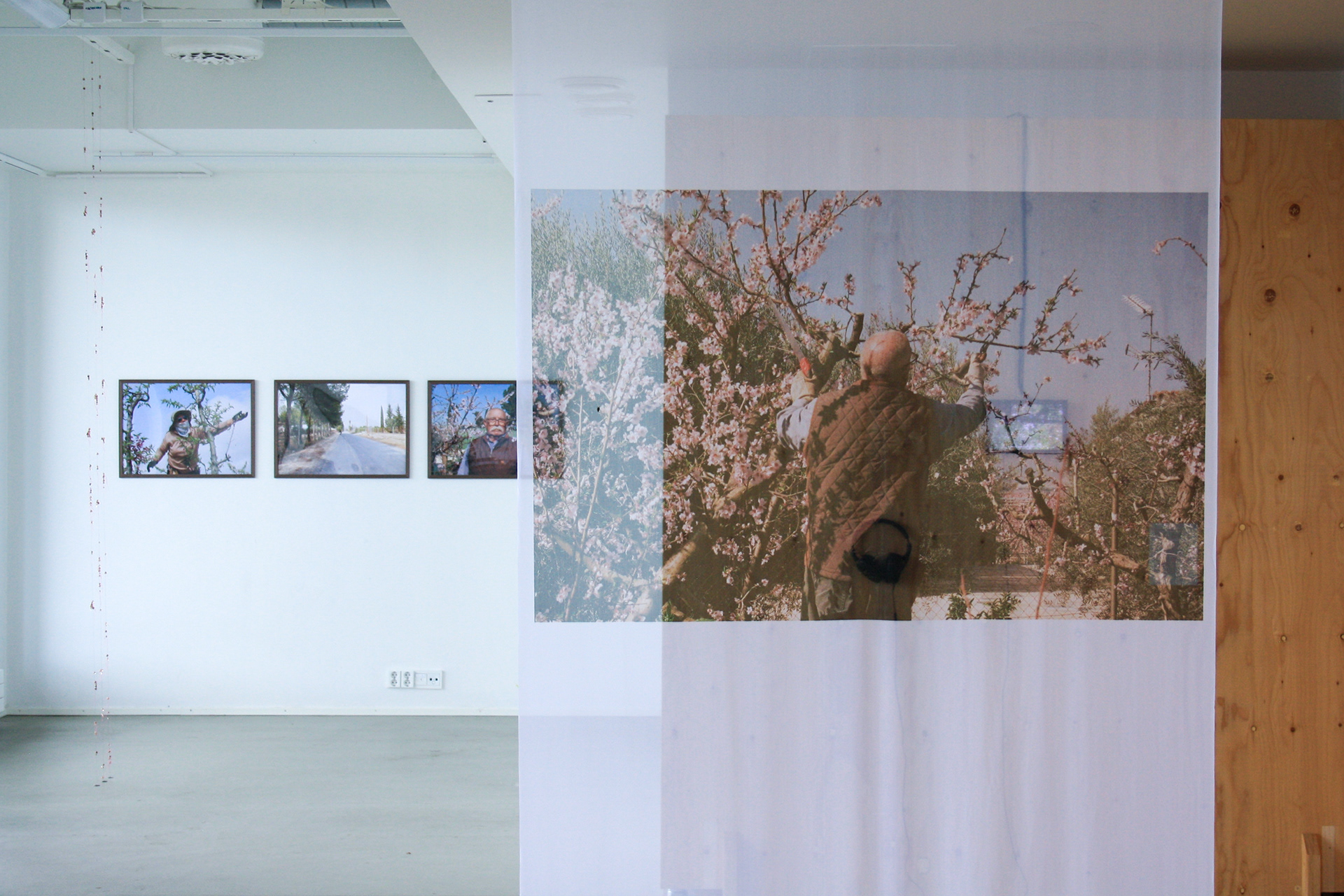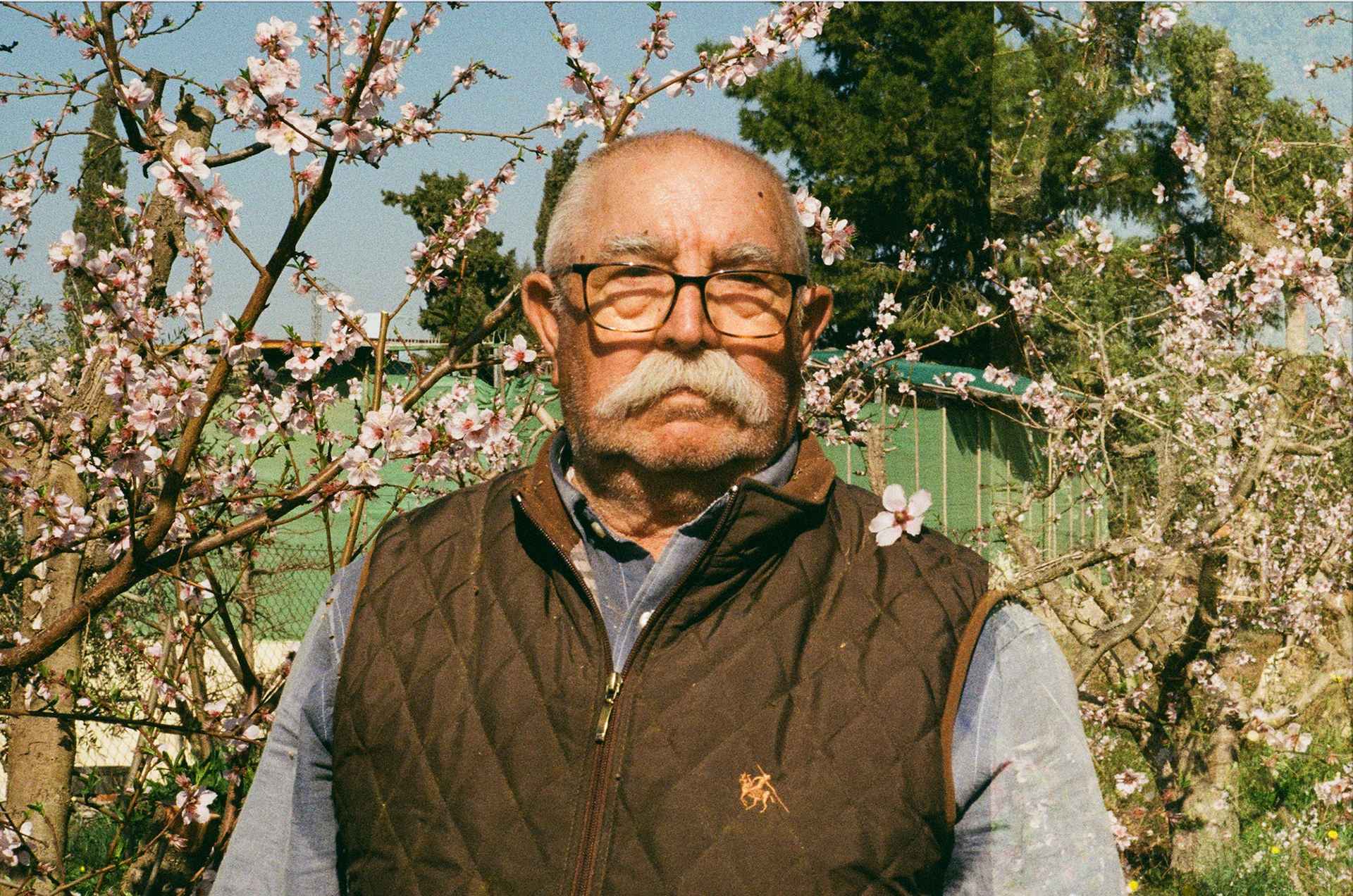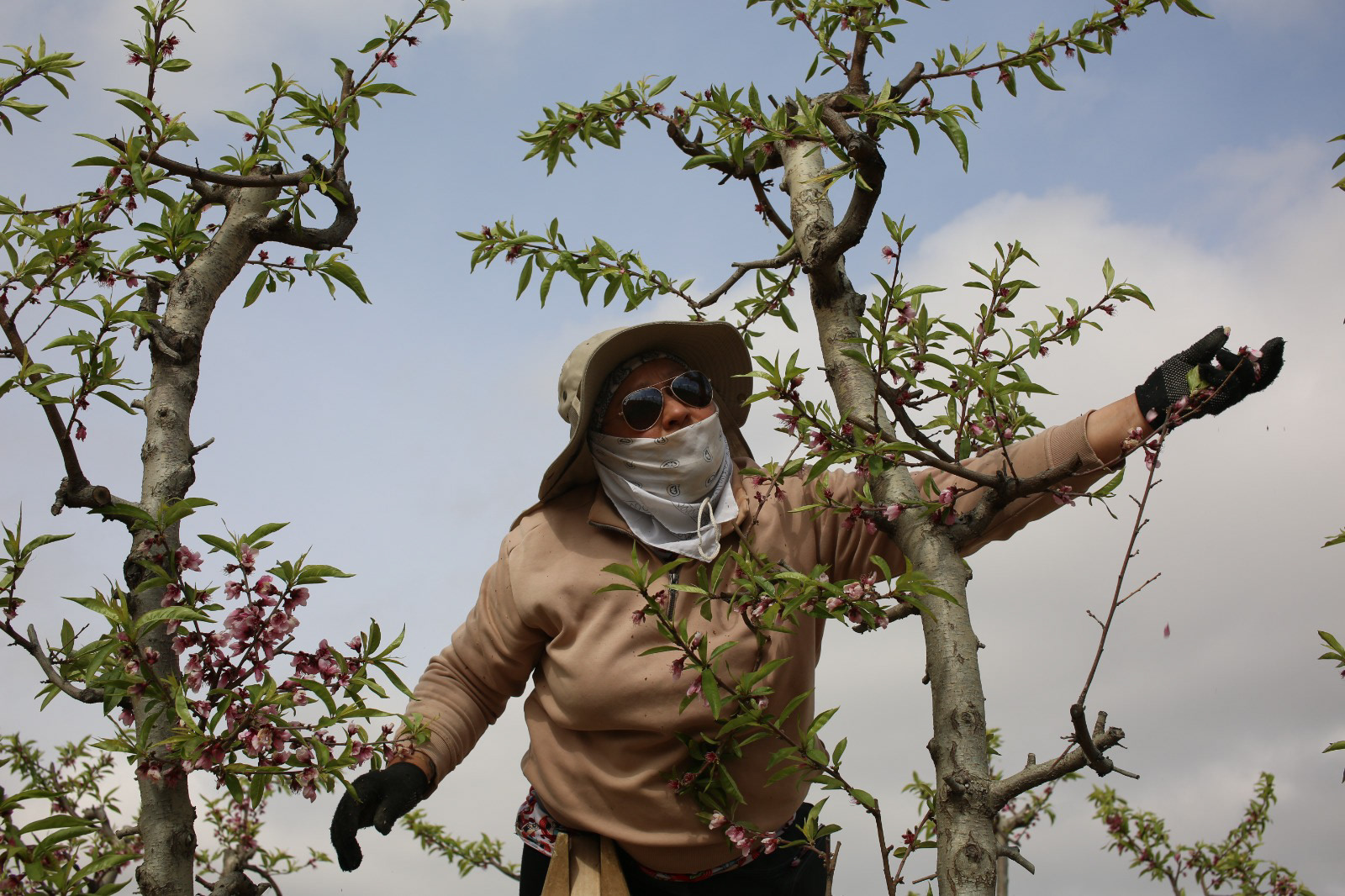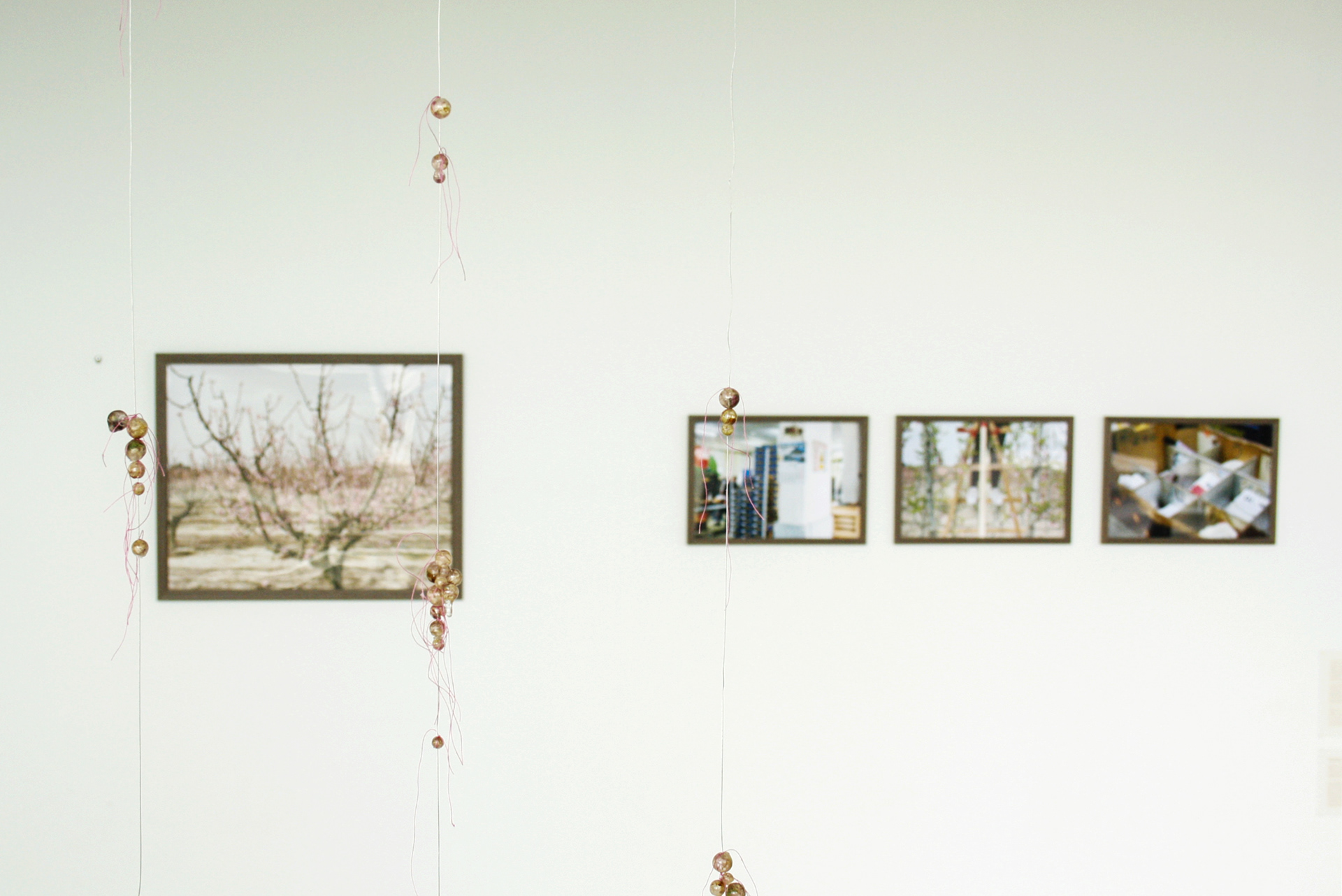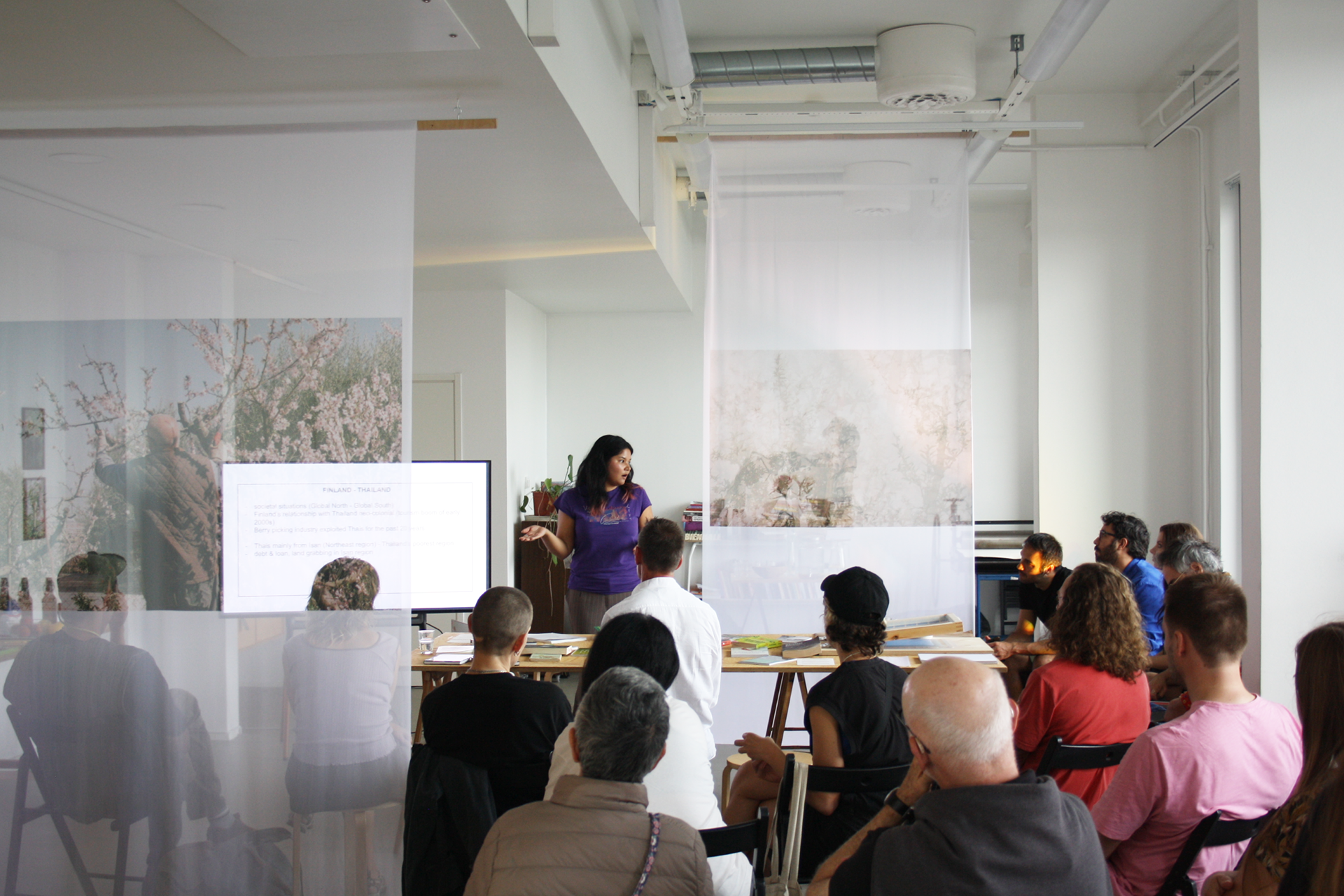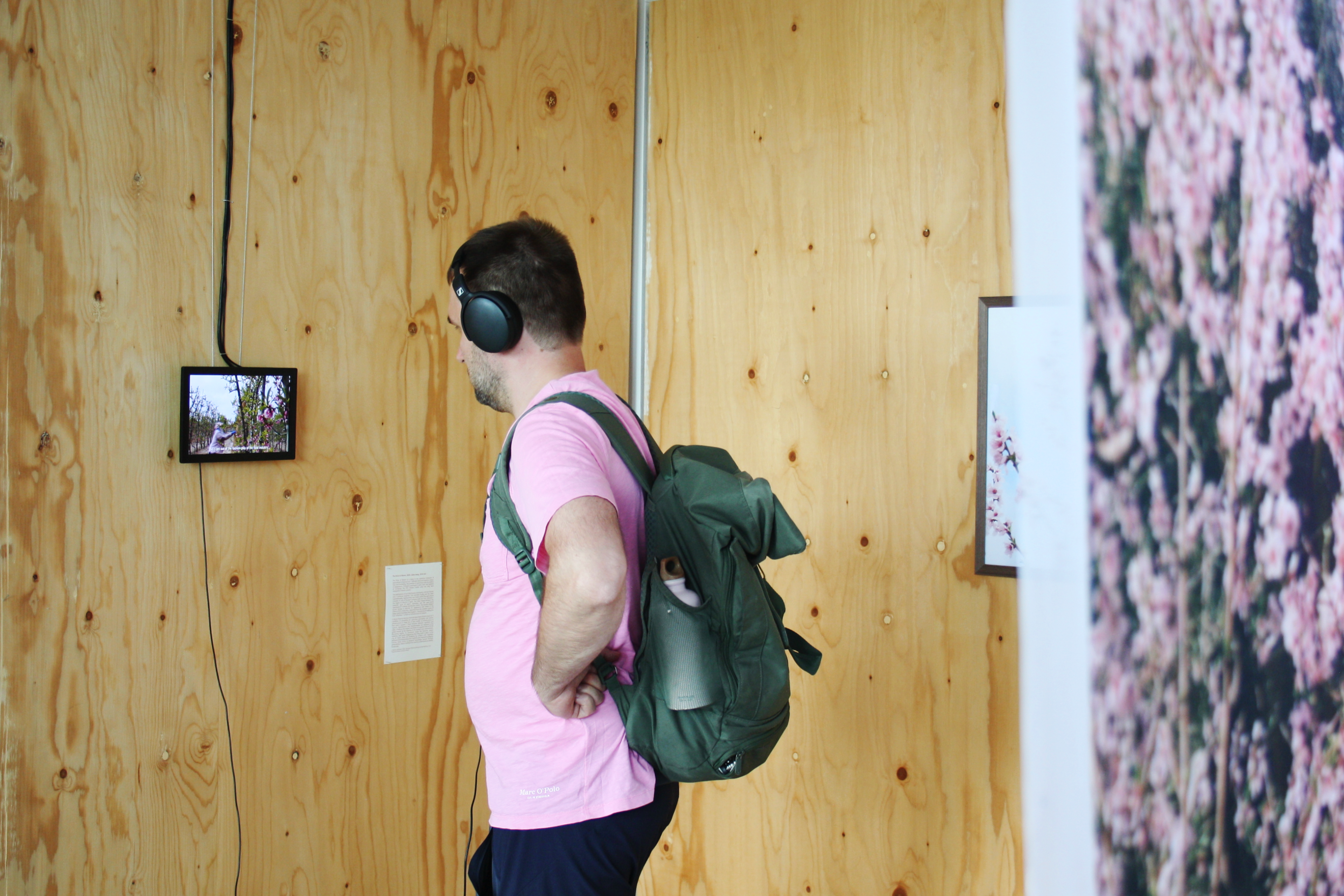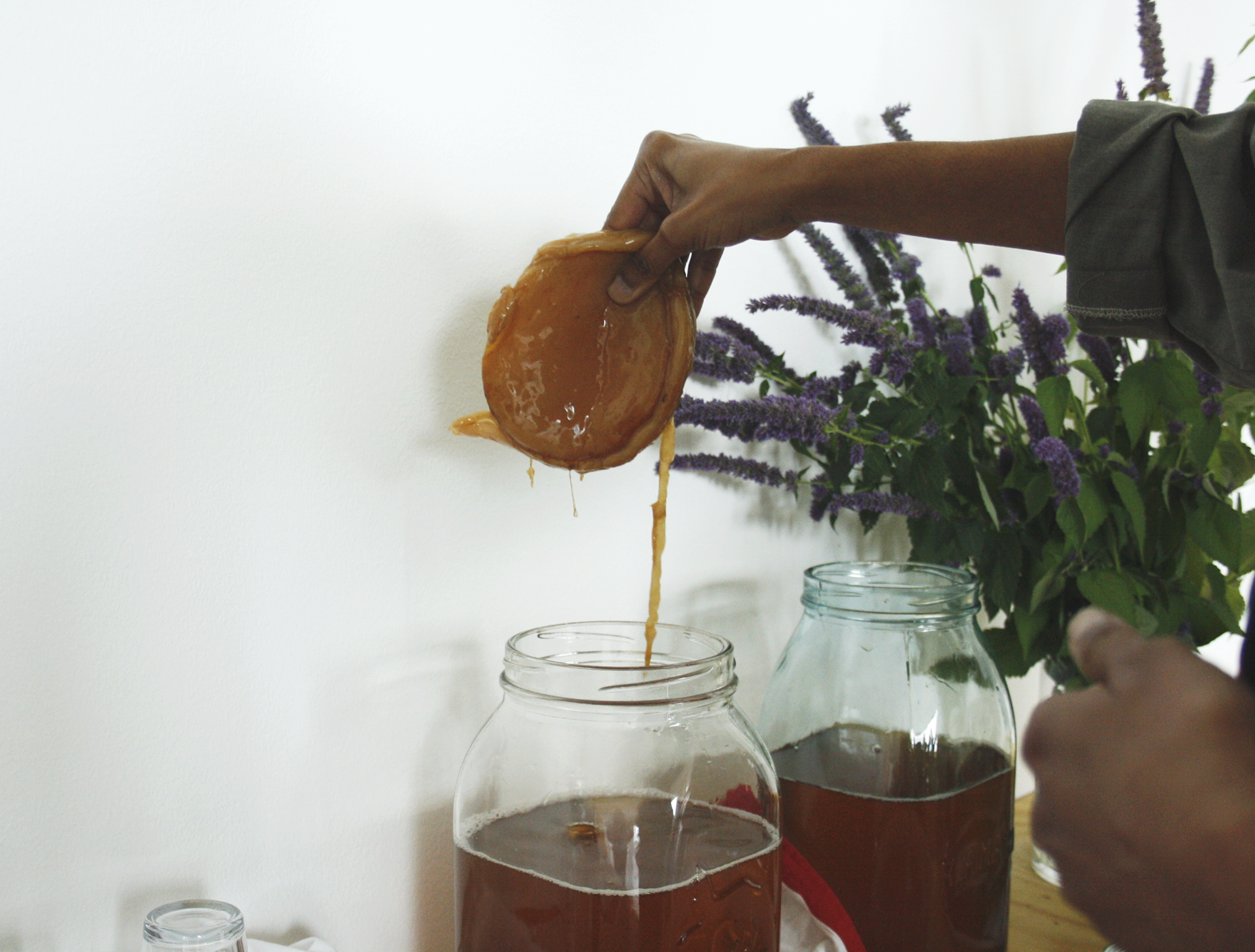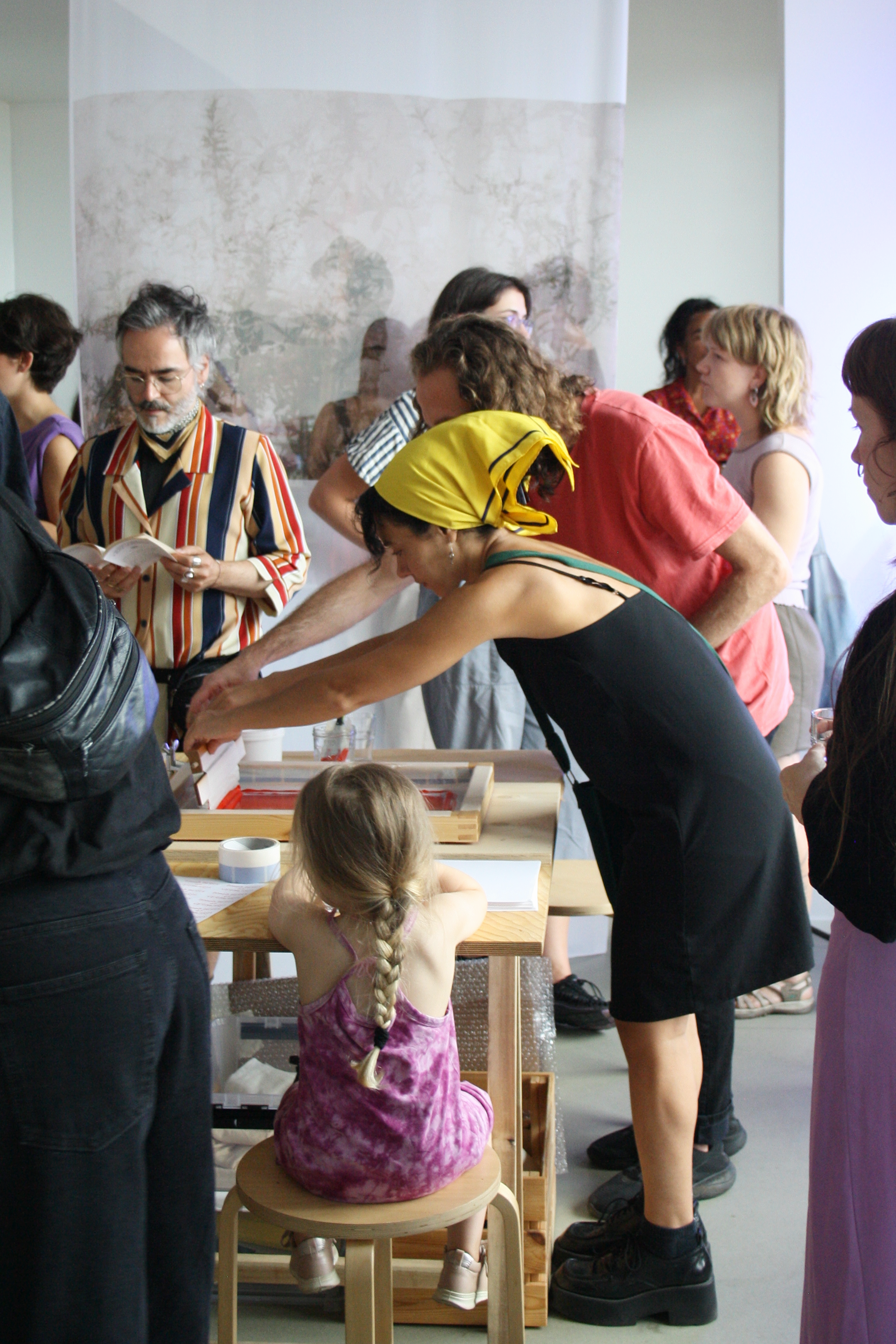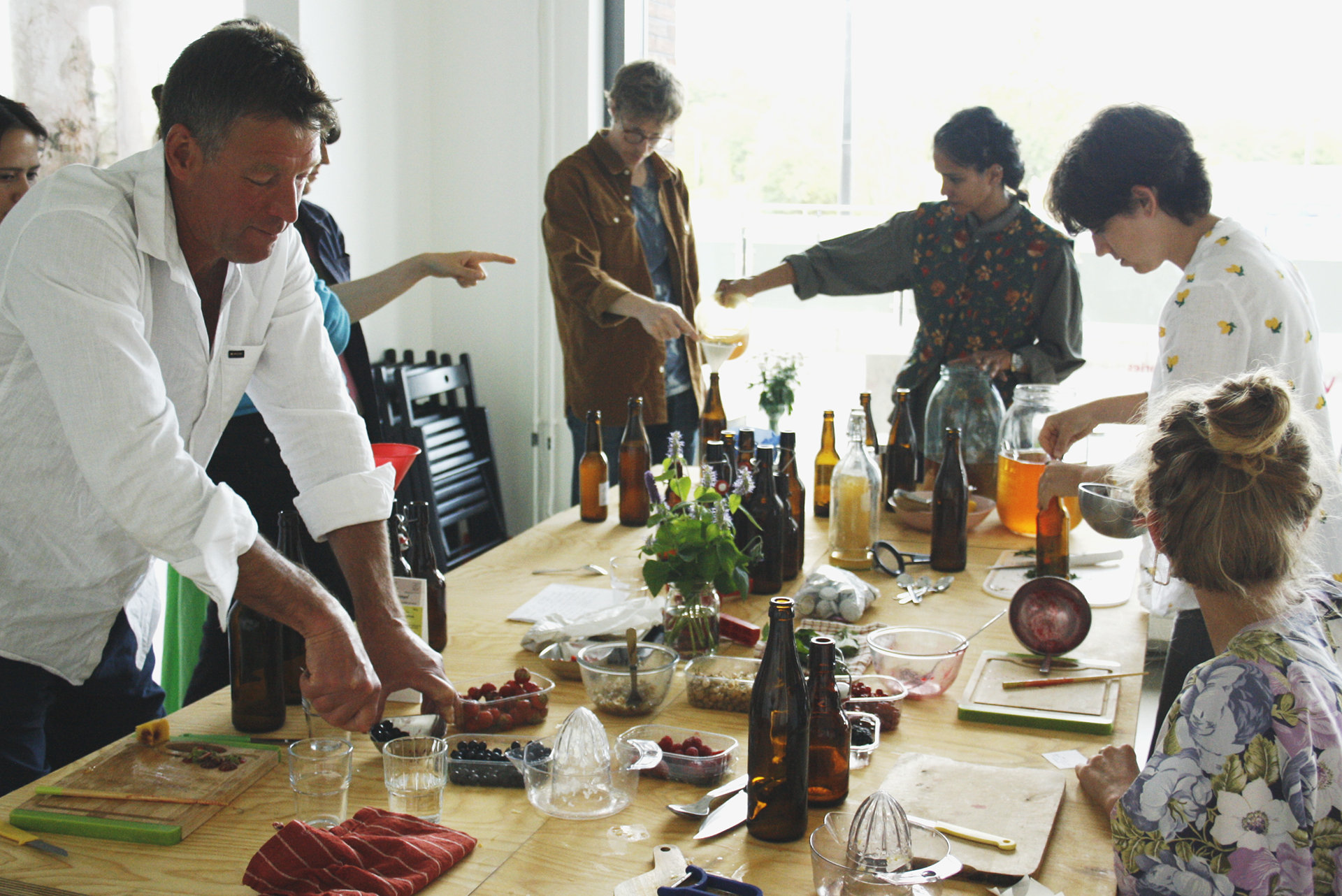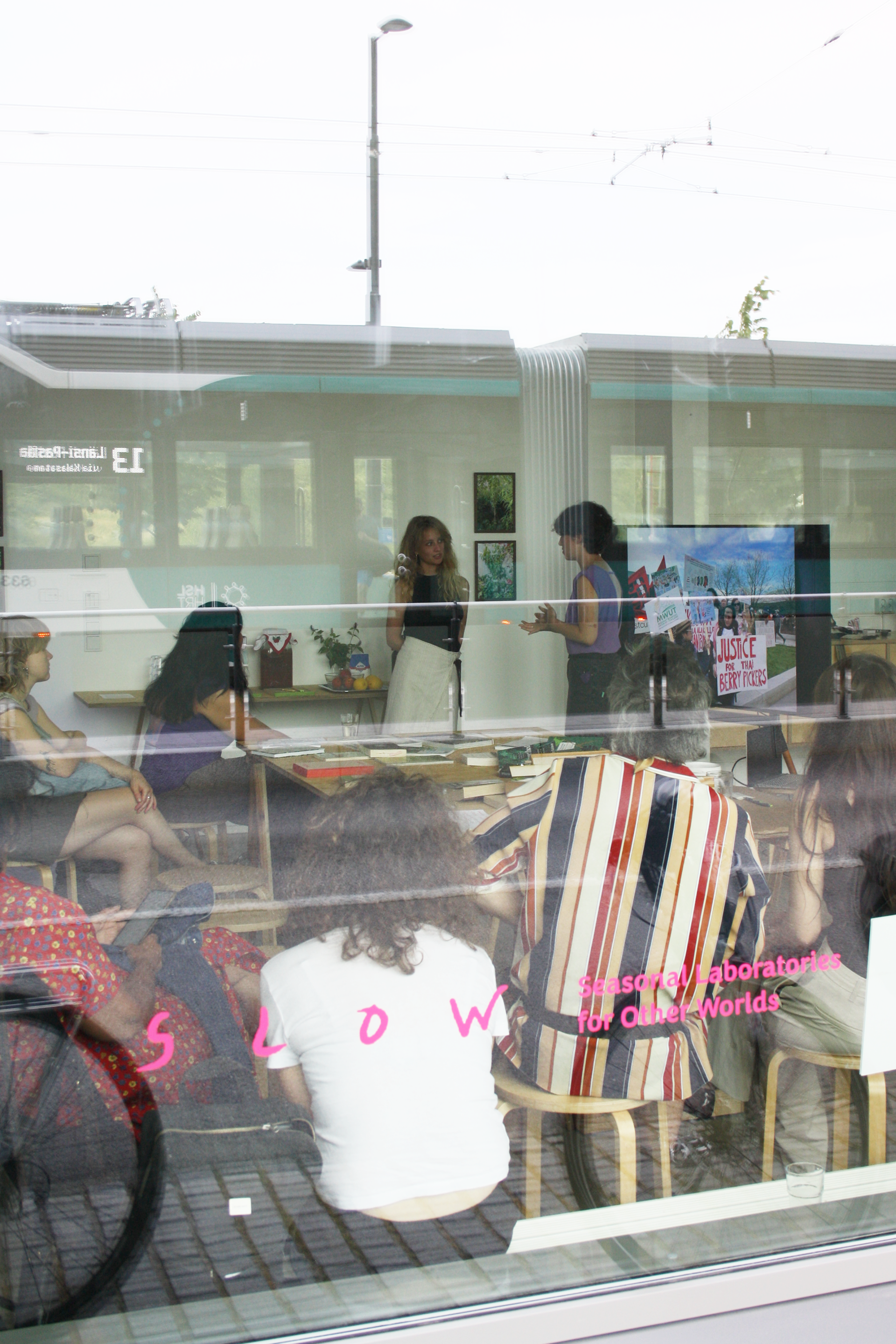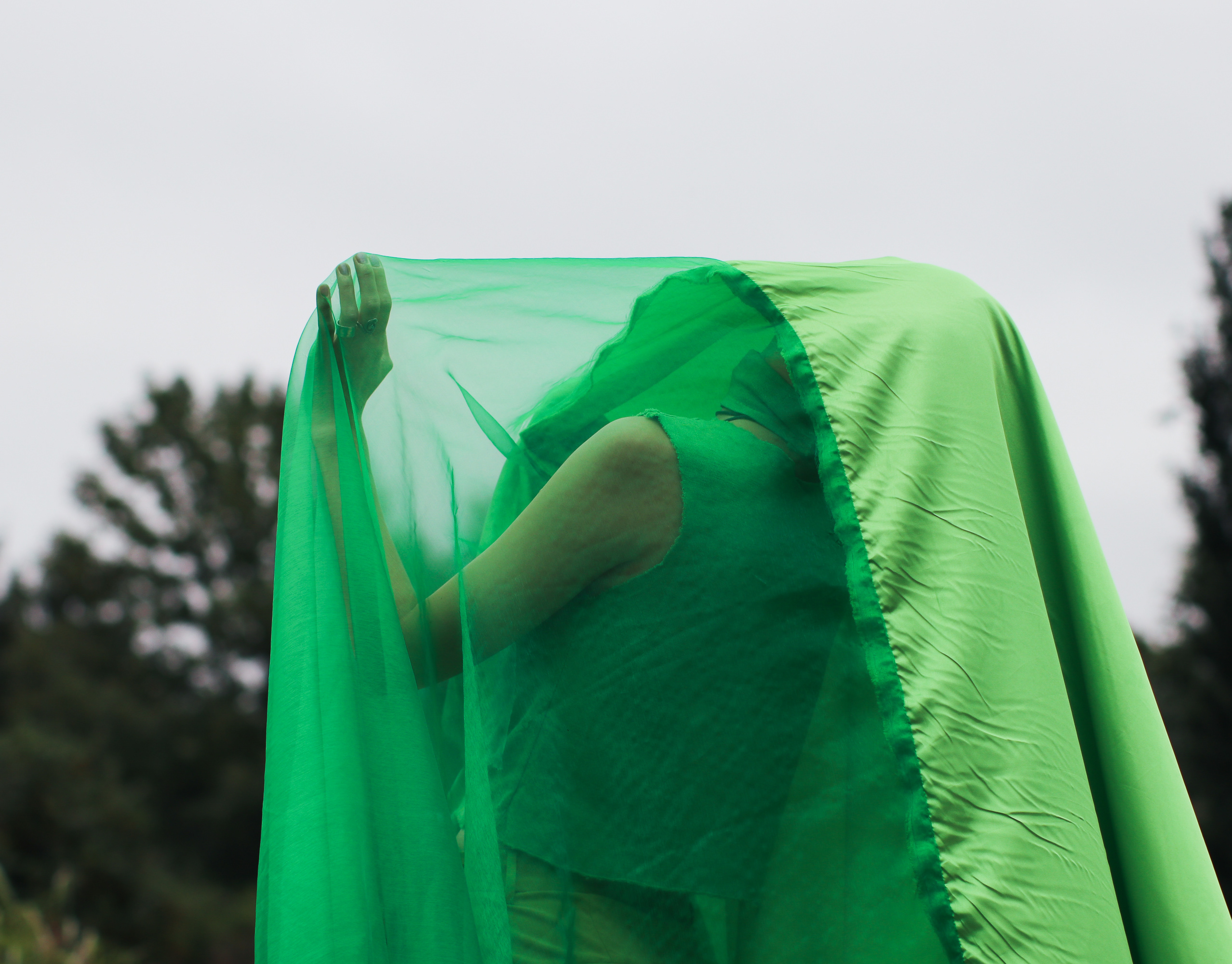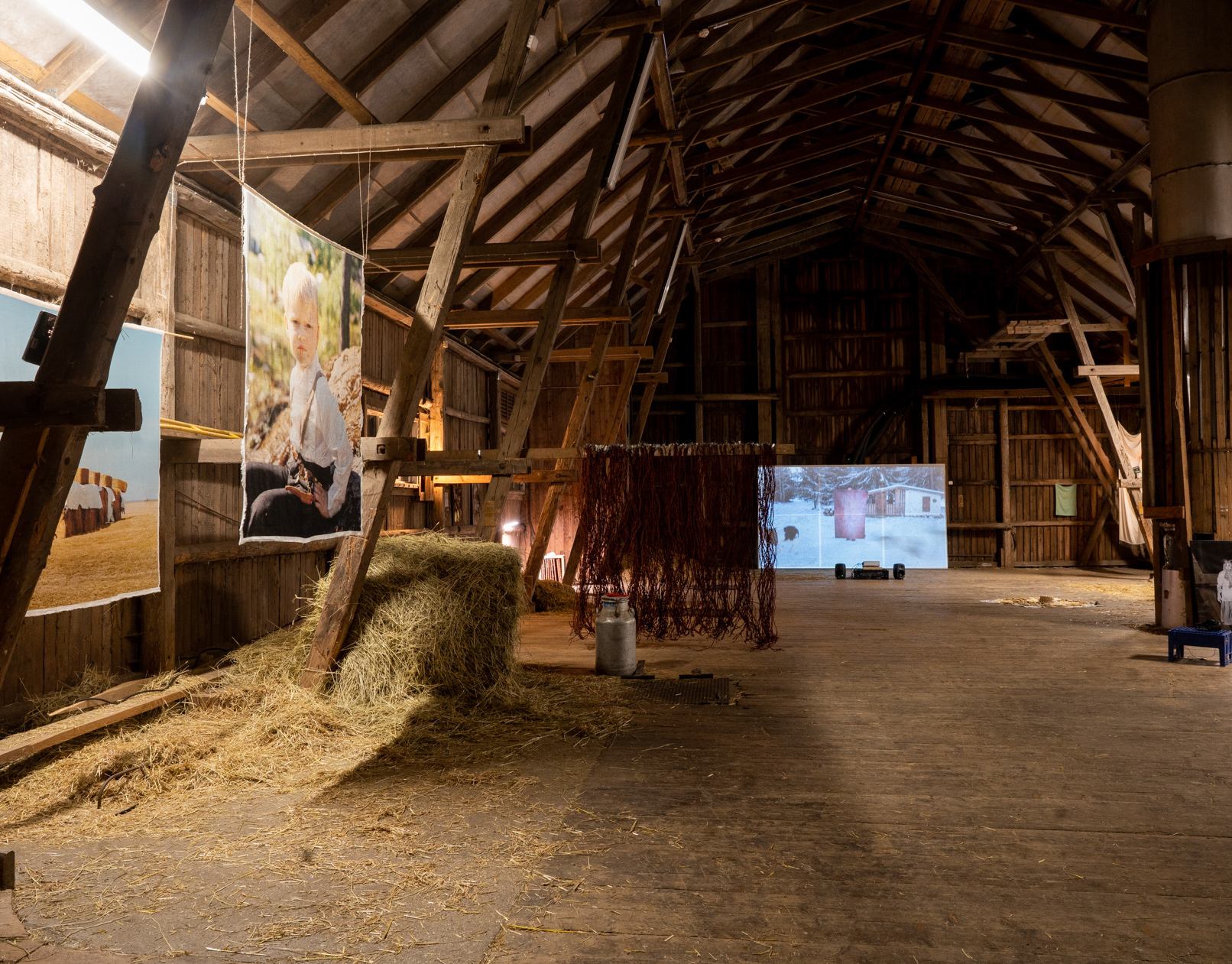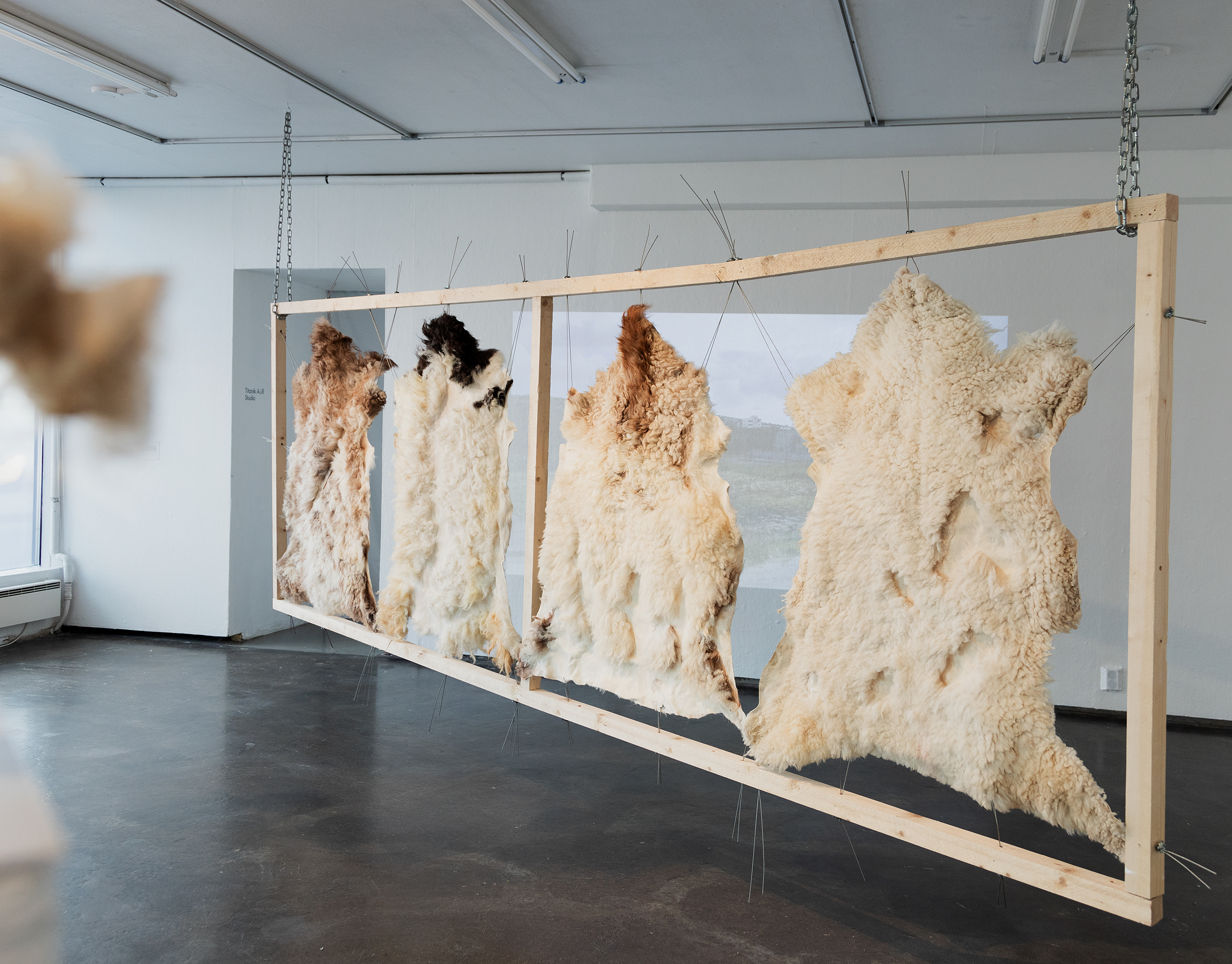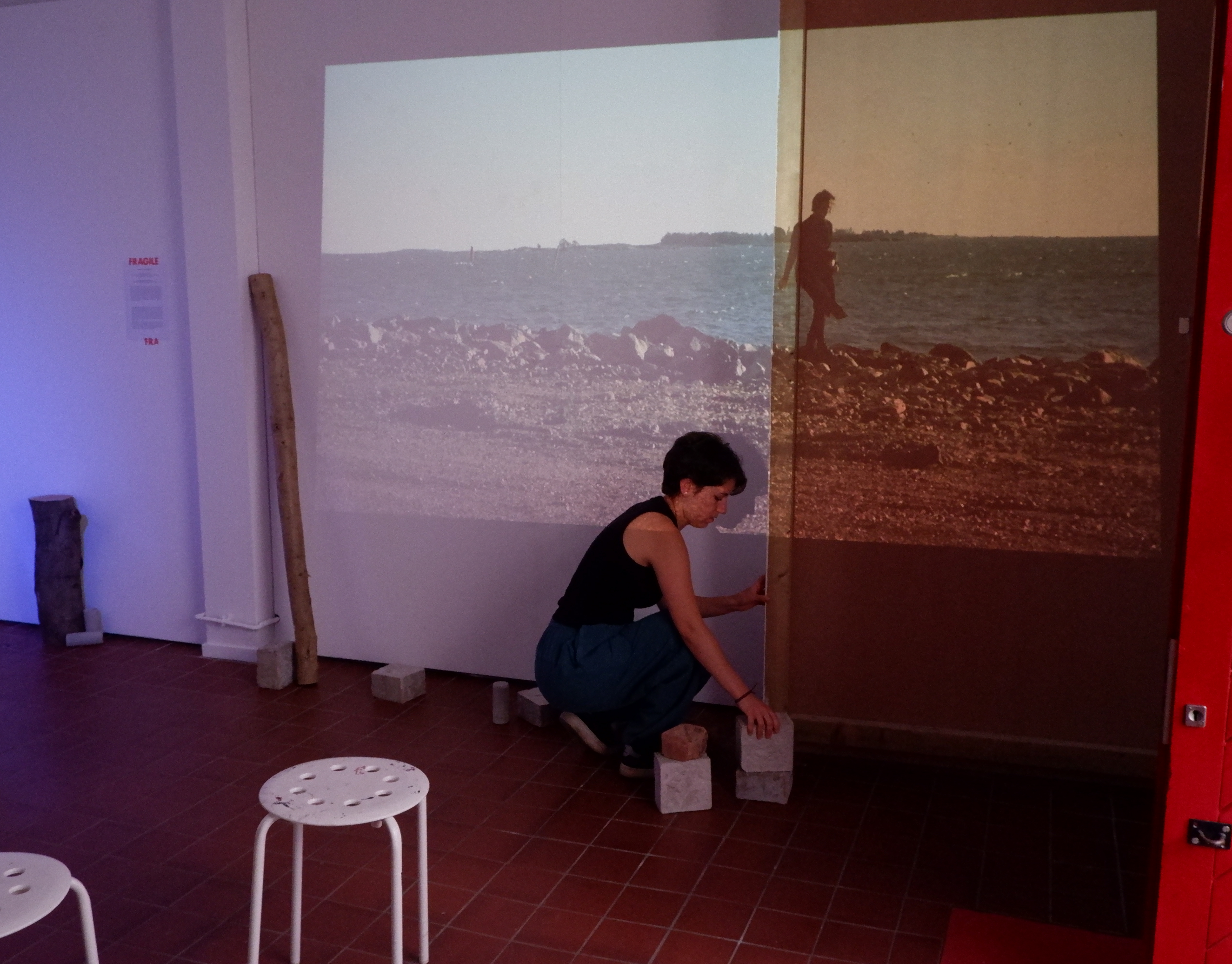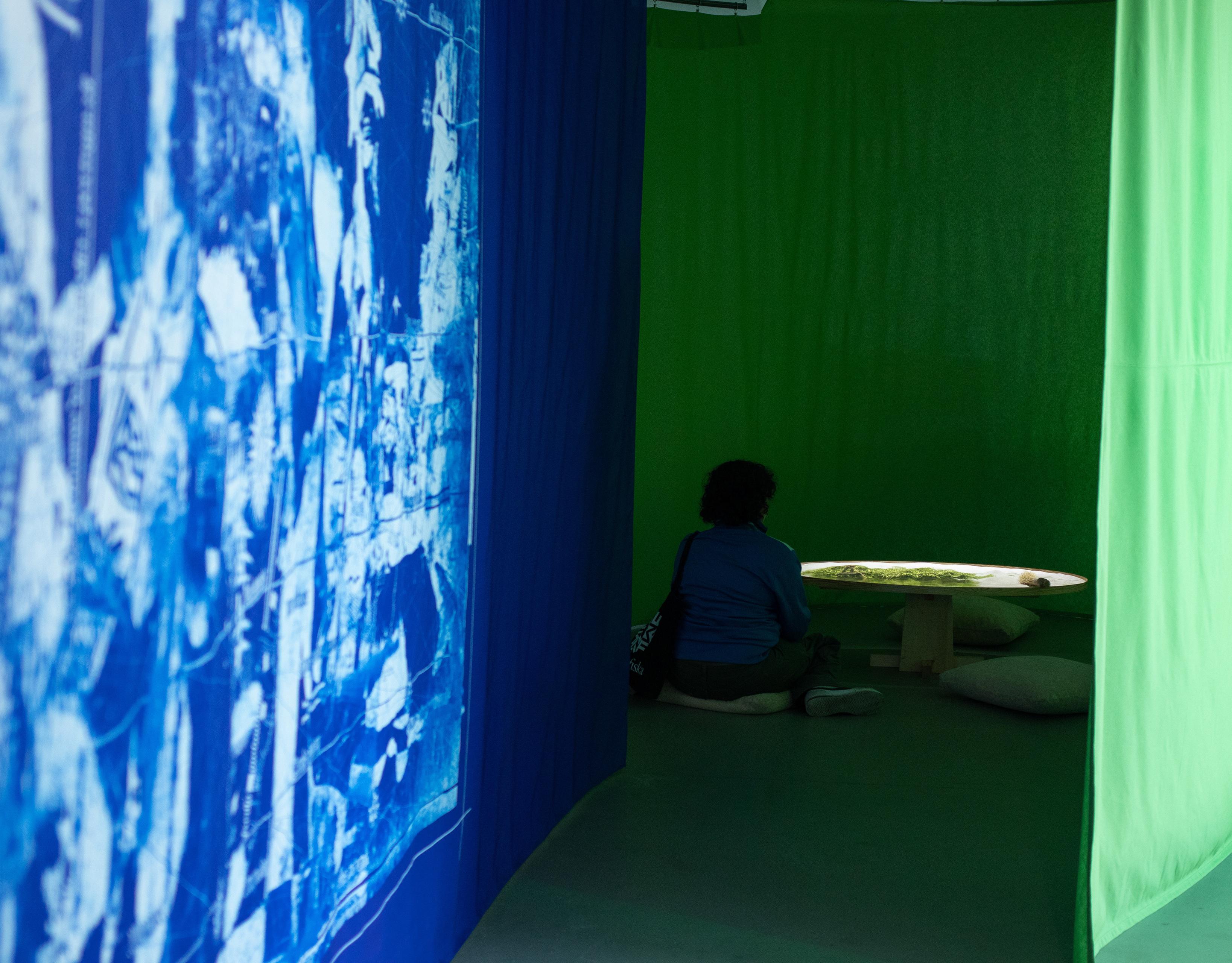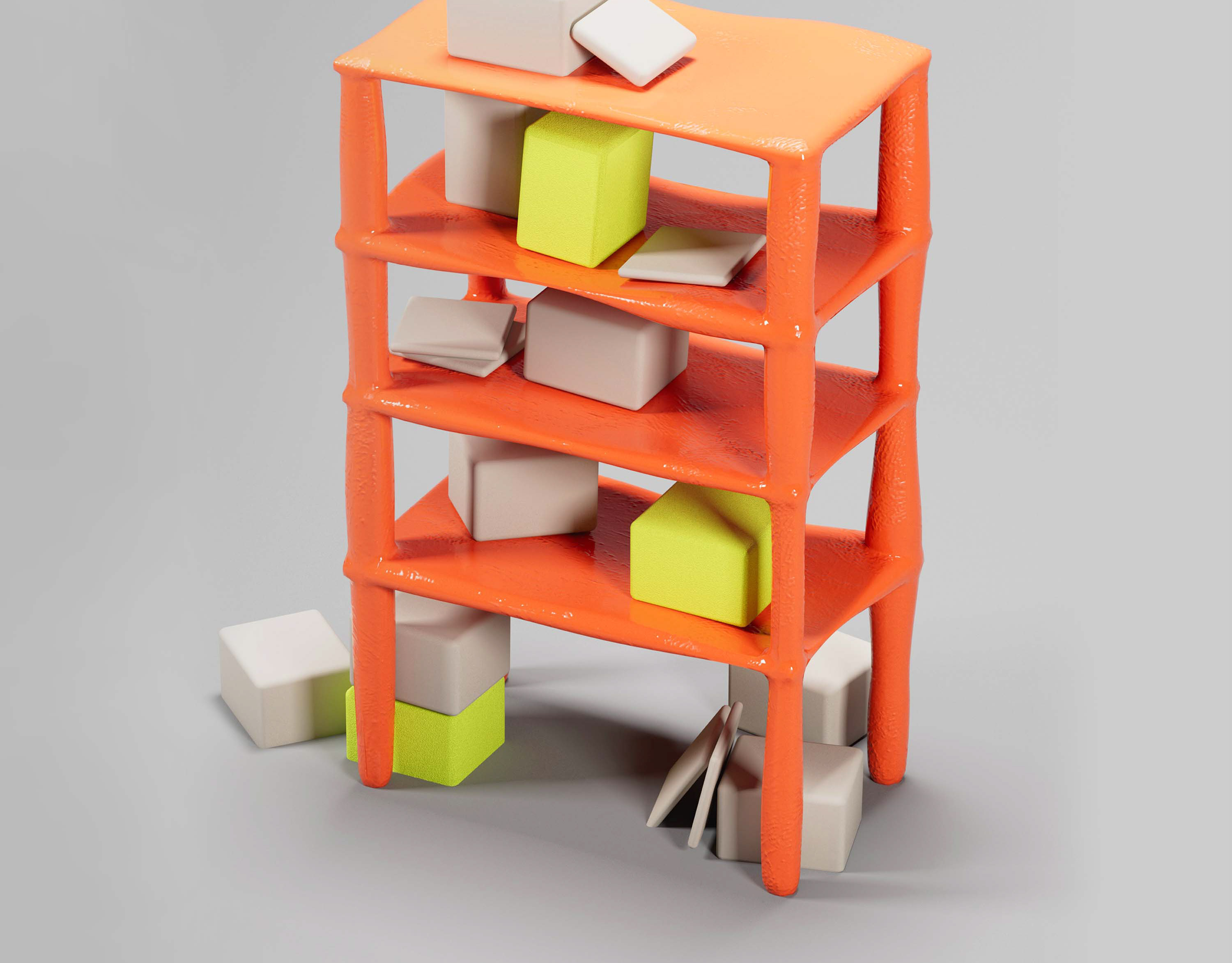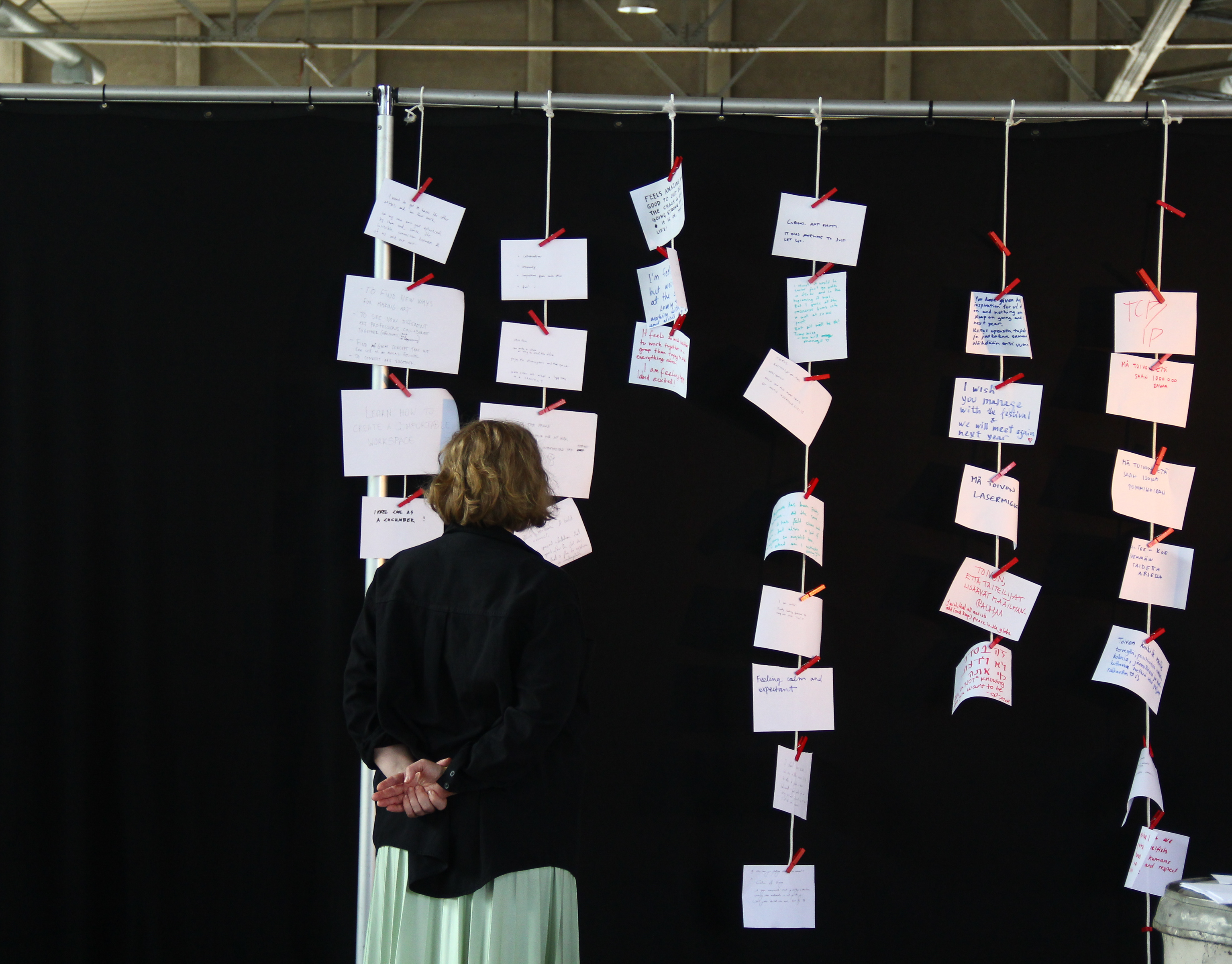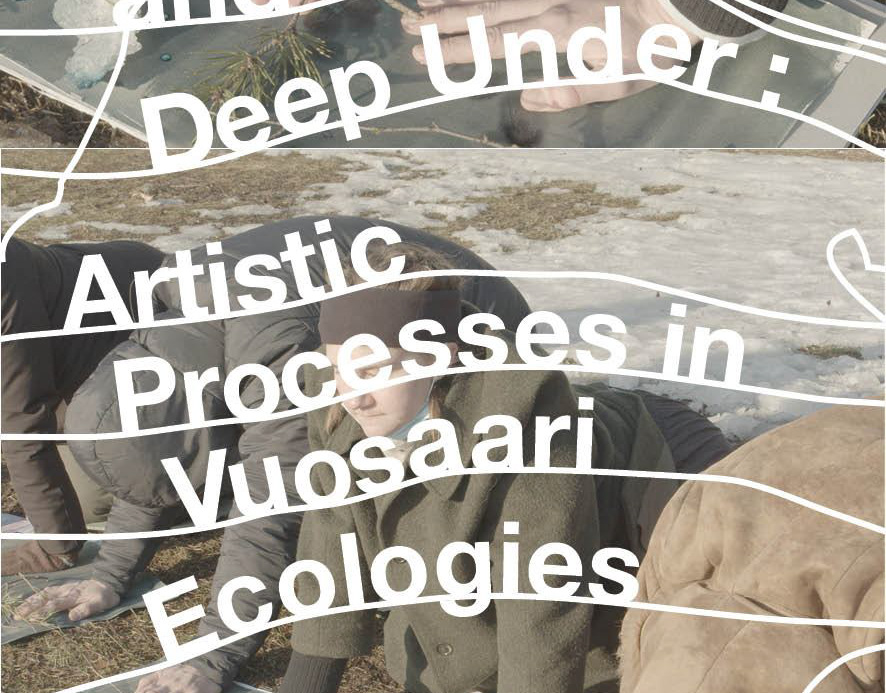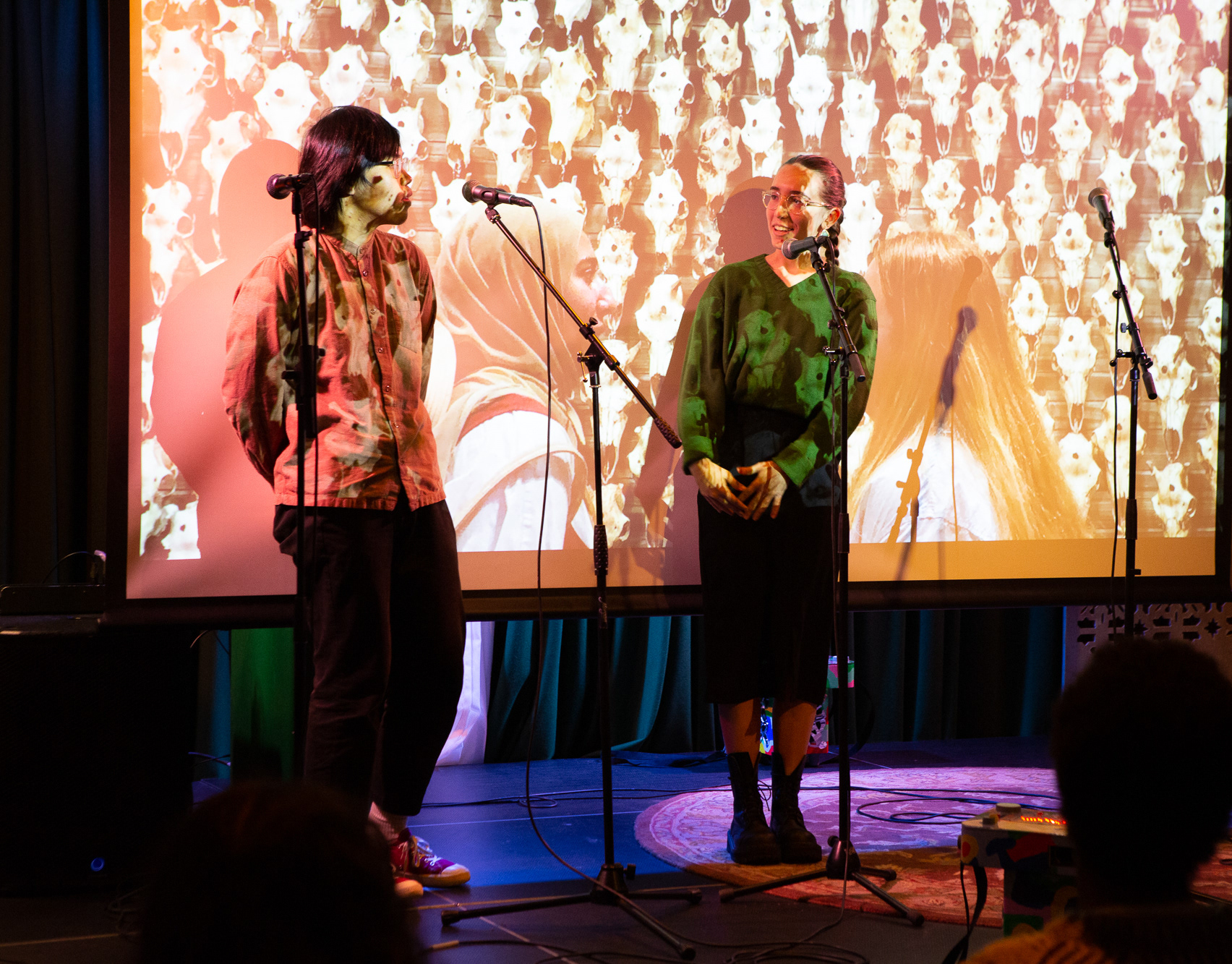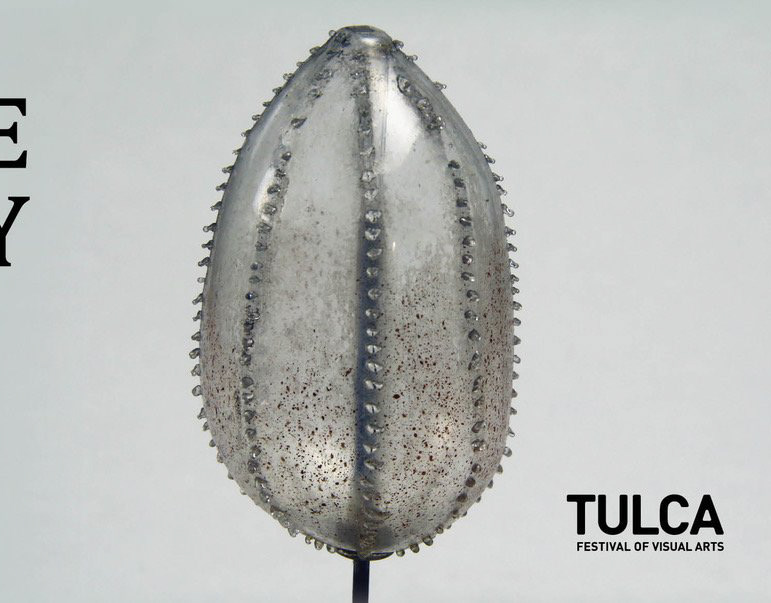Credits: Myriam Gras, 2025
THE PRICE OF BLOOM
by Myriam Gras
Curated by Micol Curatolo
15.-24.8.2025 at The Museum of Impossible Forms, Helsinki
Tue - Fri 14:00-18:00
Sat - Sun 12:00-16:00
The exhibition ‘The Price of Bloom’ traces the journey of the fruit sold in Finnish grocery shops back to the south of Spain in Murcia, where large quantities of fruit are produced for the European market. The artist Myriam Gras follows the work of local peach farmers who narrate how the landscape and horticulture have been transformed by the expansion of agricultural technologies, the taste of consumers elsewhere, and the impact of climate change.
Known as “Europe’s Greenhouse”, since the 1970s, Murcia has been transformed from a deserted area into one of Spain’s most economically thriving regions. This was once established by the efforts of small family-owned farms. Today, the landscape is dominated by the economic and physical infrastructures of monoculture and ‘plasticulture’ – cultivation maximised under the controlled environment of large greenhouses.
Centred around the peach tree, the exhibition focuses on the network of workers, businesses and knowledges that act around fruit production. The peach tree embodies and resists these contradictions. Its pink bloom nestles between asphalt roads and the opaque luminescence of greenhouse plantations. Too sensitive to grow under mechanised conditions, the peach requires extensive manual labour and the development of new ways of knowing. Its flowers become a symbol of the potential worth of the harvest, and a metaphor – hidden behind the aesthetic expectations of global consumerism – of the rupture between production methods and environmental knowledge.
The public program invites initiatives based in Finland working on community-based agriculture, workers’ rights, and urban gardening. The exhibition hosts their practices to understand the impact that the agricultural industry has across locations. With their experiences, we learn about more sustainable and fair relations to land use, food production and consumption.
The exhibition is part of SLOW — Seasonal Laboratories for Other Worlds — a series of exhibitionary workspaces for collective laboring and alternative connections between bodies, places, and economies. Curated by Micol Curatolo with the Museum of Impossible Forms. Supported by Koneen Säätiö. Visual identity by Pauliina Nykanen.
PROGRAM
To receive reminders and updates, register through this form.
15th August 2025, 17:00-21:00
BLOOD BERRIES: JUSTICE FOR THAI WORKERS IN THE FINNISH BERRY INDUSTRY
The activists of Verimarja present the latest developments of the human rights case opened by workers travelling from Thailand to pick berries for the Finnish industry. We gather a list of products to boycott and screen-print stickers to mark the produce in our local stores, growing awareness on this breach of international workers’ rights.
17:00 – Exhibition opening
18:00 - Presentation by Verimarja activists
19:00 - Screen-print stickers workshop with Groovink
19th August 2025, 16:30-19:30
CULTIVATING IN THE CITY: KOMBUCHA FLAVOURING AND TABLE-TOP DISCUSSION
How can we change our relation to food production and consumption as city dwellers? Urban gardening through community effort, horticulture in city allotments, or growing fruit on our balcony can be a response to the limitations of city life and the impact of climate change. We think through these questions with Dodo ry, an environmental NGO based in Pasila; researcher and artworker Joss Allen; and Juha Solantie who is growing and teaching about specialty fruit from his backyard in Pirkkola.
You are welcome to participate in either or both Dodo’s kombucha flavouring workshop starting at 17:00 and the table-top discussion from 18:00.
16:30 – Welcome
17:00 – Kombucha flavouring workshop with Dodo ry
18:00 – Table-top discussion with Joss Allen, Malm Nordlund (Dodo ry), and Juha Solantie (Paratiisin Hedelmät)
24th August 2025, 17:00-20:00
ALTERNATIVES TO THE GLOBAL FOOD MARKET: COMMUNITY SUPPORTED AGRICULTURE AND SOLIDARITY ECONOMY
Ruby van der Wekken is a producing member of Oma Maa food cooperative in Finland. Community supported agriculture schemes foreground the need to help farms and farmers practising sustainable agriculture, and this is a very important need to be acknowledged and acted upon. But beyond this, they are tools of hope! An invitation for all of us to explore the potential for social and ecological systemic change through our engagement with agriculture and food, whilst situating them within a wider project of envisioning and building solidarity economies.
17:00 – Presentation by Ruby van der Wekken (Oma Maa / RIPESS Europe)
18:00 – Edible Landscape by Alejandra Alarcón and kombucha tasting by Dodo ry
BIOS
The artistic and curatorial practice of Myriam Gras (she/her) is concerned with what is considered valuable in the transformative moment that constitutes the present. Tracing infrastructural ramifications - through fieldwork, systemic thinking and interdisciplinary collaborations - she identifies how underlying scales, time and meanings simultaneously unfold and intertwine, while subject to ecological, social and economic shifts and uncertainties. www.myriamgras.com
Micol Curatolo is an art worker, curator and producer based in Finland. Her interest lies at the intersection of border politics, contemporary art, feminist and antiracist work. Her research addresses questions around geography, labour, and migration. Often working collaboratively, Micol's practice questions participation and presents processes, politics and aesthetics of constructing a sense of place. www.micolcuratolo.com
Verimarja is a collective of activists and volunteers supporting Thai workers in the Finnish berry industry, which has relied on pickers from Thailand since 2005. According to the National Bureau of Investigation, the ongoing human trafficking investigations may affect 2,000 Thai berry pickers. The court case is still ongoing, with the workers waiting for justice while many continue to travel to Finland for seasonal work under low compensation and serious deficiencies in the conditions for berry picking work. www.instagram.com/verimarja.fi/
Groovink is a printing studio active in Helsinki since 2011, run by Gabriele Marotta. The main printing technique is screen printing with water-based inks. Focusing on sustainability, Groovink uses the smallest amount of reusables and generates as little waste as possible. Gabriele likes sharing the printing process outside the studio, where audiences can learn more about this technique. www.groovink.com
Dodo ry is a Finnish environmental NGO. Dodo addresses environmental issues through community work, inviting city dweller to embrace sustainable lifestyles. Their base of operations is Kääntöpöyö (Revolving Desk) at the Pasila Old Train Station in Helsinki, and at Dammisaaren Rapumaja in Hupisaari, Oulu. www.dodo.org
Joss Allen can be found in the garden, amongst the weeds and compost heaps. He is an artworker and researcher interested in how art influences ecological ways of being and matters of care in more-than-human worlds. Their work has been influenced by his time as a support worker for adults with autism, a labourer on an organic farm and a refuse collector, among others. In 2017-20, Joss was the project coordinator for the Town is the Garden, a three-year creative community food-growing project run by Deveron Projects. Recently, he was co-artistic director of ATLAS Arts, Isle of Skye, Scotland with Yvonne Billimore. Joss is currently doing doctoral research with the Glasgow Seed Library on tending to seeds. He lives in Helsinki.
Paratiisin Hedelmät is a project developed by Juha Solantie who, through long-term study, expert connections, and systematic experimentation, is growing specialty fruit trees in the current climate of the south coast of Finland. Peaches, apricots, pears have grown in Paratiisin Hedelmät’s garden in Pirkkola, Helsinki. They provide expertise and compact fruit trees suitable for small yards or balconies at a sliding-scale price. www.paratiisinhedelmat.fi
Ruby van der Wekken considers herself a member of the Global Justice Movement, is a producing member of Oma Maa Food cooperative in Finland and works as a team member for RIPESS Europe. Ruby has been active in process around community currency (Helsinki Timebank), solidarity economy building & the commons and has worked previously for the Siemenpuu foundation, an environmental foundation with partners in the global south working in the context of Finnish development cooperation. www.omamaa.fi
Alejandra Alarcón is an interdisciplinary artist working at the intersection of food and art. Alarcón uses cake as a medium to create Edible Landscapes—sculptures layered with flavour and meaning. They are always inspired by a specific location and context, often taking the form of treats to be enjoyed communally while discovering new flavours and reflecting on personal and shared experiences of conviviality. www.ediblelandscapes.cargo.site
